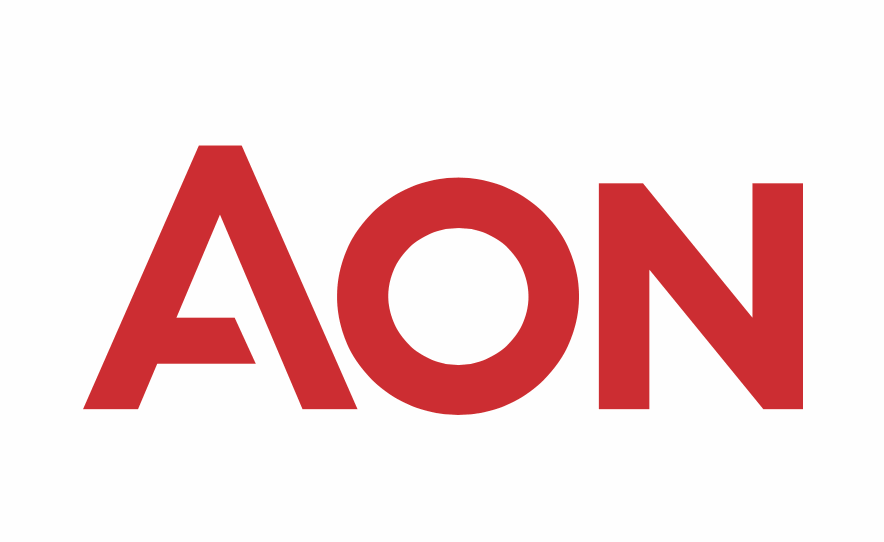Risk to remain attractive, we’ll need all the capital we can get: Aon panel

Speaking Friday afternoon during a panel discussion convened by Aon’s Reinsurance Solutions division, senior executives from some of the world’s largest reinsurers said that while they don’t anticipate a significant influx of new capital, they do expect insurance risks will continue to attract investors.
Andy Marcell, CEO of Aon’s Reinsurance Solutions and the chair for the panel discussion, explained that in discussing their limit needs for the renewals for 2023, some clients are talking about needing 10% to 20% increases for catastrophe risks and property in general.
So Marcell asked his assembled panel guests for their views as to reinsurance capital dynamics for the renewals, whether there will be enough and whether any new capital may come in.
President and CEO of PartnerRe Ltd., Jacques Bonneau, explained that it may not be the easiest job to raise new capital at this time.
“I think there’ll be some alternative capital that will come into the marketplace. I don’t think there’ll be an enormous amount coming in. I think for a variety of reasons.
“There’s a question about the vendor models, right and, and people just taking the output of the vendor models and that clearly hasn’t been great.”
He went on to explain that reinsurers like PartnerRe spend a signifiant amount on understanding the vendor models and developing their own view of risk.
Of course this is something that all the leading ILS fund managers also do and it’s important to also remember that PartnerRe and other major reinsurers are also seeking to manage third-party capital from investors, so there is without a doubt a competitive element here.
“I think that’s one of the real strengths that companies like ourselves actually have in the marketplace,” Bonneau continued to say.
Adding, “I think, you know, the models and and other things, investors will look at that and go like, that’s been really pretty poor on secondary perils, clearly missed things like COVID, as did all of the industry in terms of that so there’s a lot of risk that sits there, the results for the last few years haven’t been that great.”
“Combine all those things, and I think there’s somewhat of a general reluctance and a concern about where the property cat business is, in terms of offering up opportunities for alternative capital,” he explained.
Bonneau went on to suggest that a rated balance sheet may be preferred by cedents at this time, given they don’t face the requests to commute agreements or to free collateral.
“So with all of that, I guess the punch line is, yeah I think some people will be attracted to it, clearly they’ll see some of the opportunities, given even though there’s a lot of risk.
“But I’m not sure it’s a widespread influx at all.”
Mike Mitchell, Head of Property and Specialty Underwriting, Reinsurance at Swiss Re, also commented on alternative capital dynamics.
Mitchell said that, “There’s been a lot of healthy scepticism enter the alternative capital space, in terms of model over-reliance.
“What I do see is that, clearly, as the demand that we anticipate being needed to cover inflation, to cover loss trends, to cover increased demand from from the original markets, comes through, the industry is going to need to access all sorts of different types of capital.”
Mitchell said that traditional reinsurance companies have not been able to grow their own equity bases fast enough, to keep up with inflation or growing risks.
With inflation set to remain high and not return to cyclical lows any time soon, this means risk is rapidly increasing.
“So this is going to continue to be a very, very quickly growing risk space and that’s going to attract capital,” Mitchell of Swiss Re explained.
“I hope what will change is that the capital will be put in the hands of underwriters who have the capability to navigate that responsibly. So I anticipate, you know, much more partnership long term relationships in terms of capital with with reinsurers with good track records, than perhaps the more opportunistic kind of ILS driven, low barriers to entry and exit,” Mitchell said.
Adding that, “I think fundamentally, that’s a very healthy thing for the marketplace.”
Mitchell also cautioned the reinsurance market against getting overly caught up in concerns over capital inflows to the industry, which he believes might actually just be a good thing and viewed positively.
Saying, “I don’t think we should be distracted, in terms of the forward-looking market outlook, in the short term by whether there’s a capital raising here or there, because frankly I think we’re gonna need all the access to capital that we can get.”






